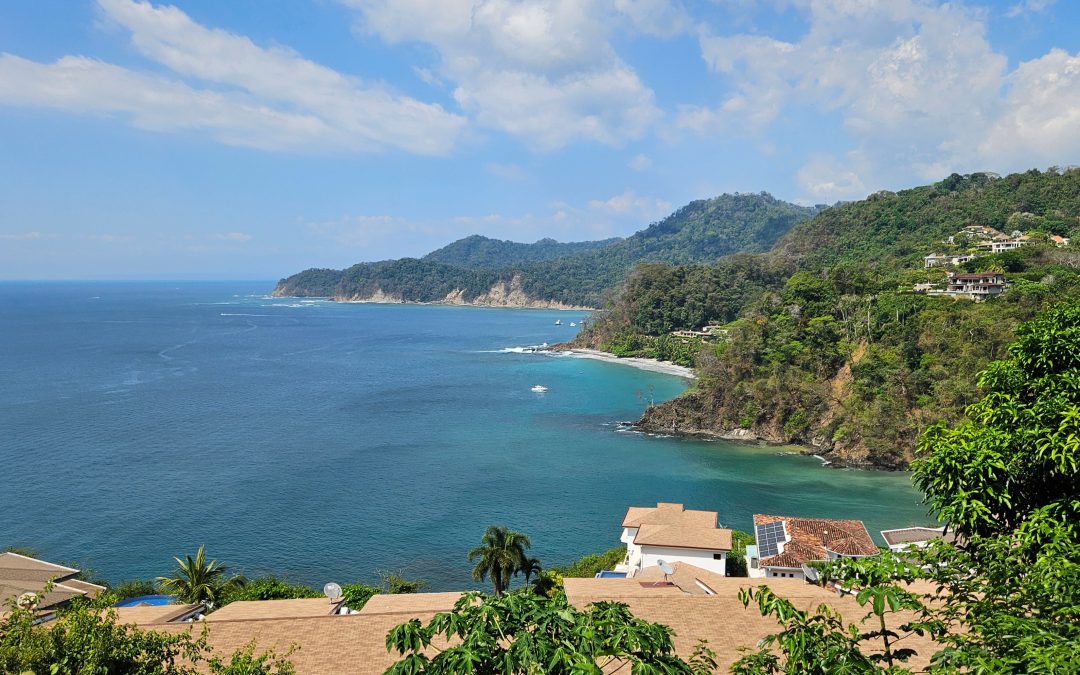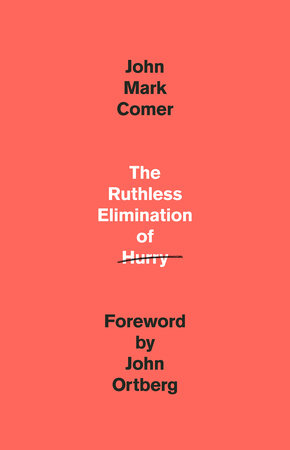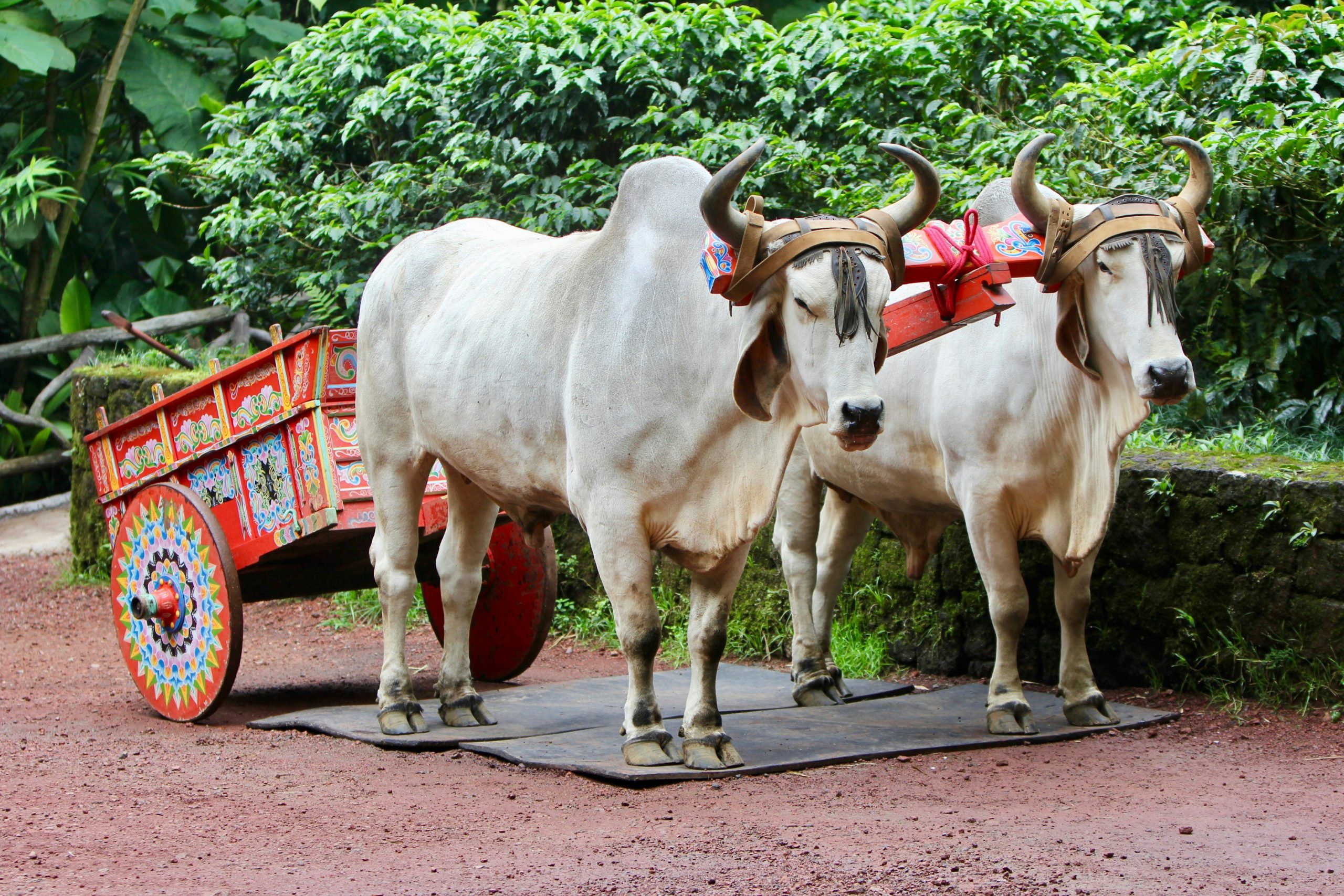Playa Escondida, Herradura, Costa Rica
Running on Empty: Understanding the Physical and Emotional Toll of Burnout
The Toll of Burnout: Why God Calls Us to Rest
Many believers push themselves to the limit, believing they must “keep going” for God. But Scripture teaches that we are not called to constant exhaustion. Even Jesus took time to rest and recharge (Mark 6:31).
The Physical and Emotional Impact of Burnout
- Exhaustion and Illness – Chronic stress weakens the body. Proverbs 17:22 reminds us, “A cheerful heart is good medicine, but a crushed spirit dries up the bones.”
- Mental Fog and Discouragement – When Moses was overwhelmed, he cried, “I cannot carry all these people by myself; the burden is too heavy for me” (Numbers 11:14). Burnout clouds judgment and drains enthusiasm.
- Spiritual Dryness – A weary soul struggles to connect with God. Psalm 63:1 expresses this feeling: “My soul thirsts for you, my flesh faints for you.”
God’s Design for Rest
Sabbath was instituted for our well-being (Exodus 20:8-11). Jesus invites the weary to find rest in Him (Matthew 11:28-30). If burnout is taking a toll, prioritize sleep, nourishment, and time in His presence.
Video of the week
Book of the week
The Ruthless Elimination of Hurry by John Mark Comer is a call to slow down and embrace a more intentional, spiritually rich life in a world obsessed with busyness. Drawing from Jesus’ way of living, Comer explores how hurry is the greatest enemy of spiritual health and offers practical steps to cultivate a life of peace, presence, and connection with God. He advocates for disciplines like silence, solitude, Sabbath, and simplicity, showing how they can help believers resist the frantic pace of modern life. The book challenges readers to rethink their priorities and create space for what truly matters—deep relationships, inner peace, and a vibrant faith.
Something cool about Costa Rica
They Use Oxen for Official Parades – Traditional boyeros (ox-cart drivers) still decorate and use colorful oxcarts, which are so culturally significant that UNESCO recognized them as an Intangible Cultural Heritage of Humanity.



